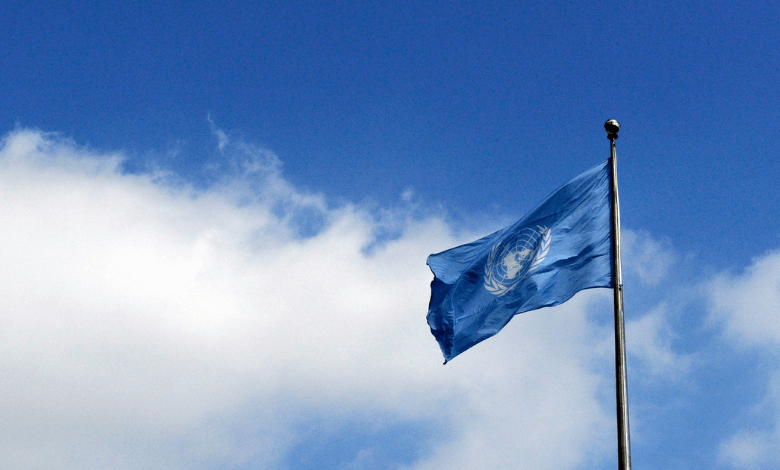In an effort to lead global support and sustainable growth for the digital economy, enabling prosperity and social inclusivity for all, five members of the Digital Cooperation Organisation (DCO) have launched the ‘UN Group of Friends for Digital Cooperation’ initiative in New York.
Held on the sidelines of the 78th annual UN General Assembly meetings, the event involved the Kingdom of Saudi Arabia, the Kingdom of Bahrain, the Republic of Rwanda, the Republic of Cyprus and the Islamic Republic of Pakistan.
Headquartered in Riyadh, the DCO supports the initiative. Secretary General of the DCO Deemah Al-Yahya emphasised the move would help facilitate international, multi-stakeholder action and cooperation in the realignment of the 2030 UN Sustainable Development Goals (SDGs).
Digital technologies have transformed lives and societies over the past two decades. The notable initiative will support collective efforts aimed at strengthening the digital economy worldwide and will work on launching projects and events to support the mission.
Digital Divide Is Still Very Much A Reality Today
Digital technologies have been helping better connect billions of individuals, businesses and governments. The group highlighted the need for digital empowerment makers to achieve the UN SDGs, while noting the digital divide still exists and hinders growth and development.
While ‘digital divide’ refers to the gap between demographics that have access to modern Information and Communications Technology (ICT) and those that don’t, the term has considerably expanded in the past few decades to include new innovations and technology.
The digital divide is still very much a reality today. It typically exists between socioeconomic groups, the educated and the uneducated, those in urban and rural areas and internationally, between the more and less industrially developing countries.
Also Read : Tanweer Sacred Music Festival: A First-of-its-Kind 3-Day Event
Even among populations with certain level of access to technology, the digital divide can exist in the form of lower-performance computers, lower-priced internet use connections, lower-speed wireless connections and limited or restricted access to subscription-based content.






















